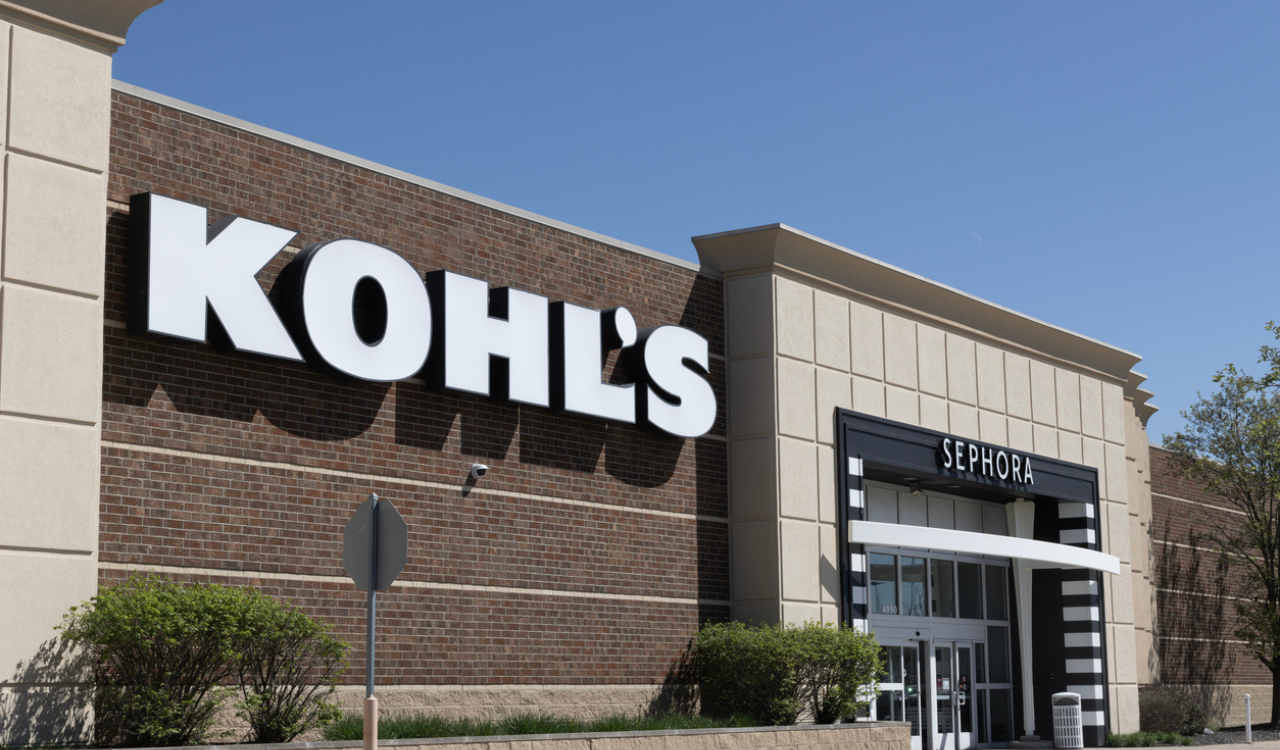For many, it’s worse than Covid. Worse than the 2008-2009 Great Recession. And much worse than the 9/11 terrorist attacks. Simply, it’s the biggest threat to their businesses in their lifetimes and the ways they are trying to navigate through it are both predictable and outrageous. But hey, whatever it takes.
They say necessity is the mother of invention, but that goes for calamity too. Bloomberg recently reported that Robert Keely, who runs a guitar pedal company called Keely Electronics, was hit with an $11,000 tariff bill for a load of imported merchandise. With no other options, he cashed in 1.83 million American Express rewards points to pay for it.
Tariff Tension
Tariffs — something that showed up during the first Trump administration but had basically receded over the Biden years — have come roaring back, driving most of us to our high school economics textbooks (more likely ChatGPT) to try to understand exactly what is going on. And whatever is happening may depend on what day you’re reading this as the situation is fluid. That’s to say operating in a Trumpian way where the laws of physics (and logic) are nonexistent. Proclamations come and go as often as the deadlines associated with them. Anytime you think you understand the rules, they change…and you no longer do. Frustrated doesn’t begin to explain how most business leaders feel.
So, we now have a tariffwashing environment. Car companies (doesn’t matter if they are stalwart American brands or those from Asia) run TV commercials proclaiming they are the most patriotic brand in the land, with tariff-free dealer lots just waiting for you. Other brands proudly (defensively?) shout their domestic production or exemption from tariffs due to the small print in some existing trade agreements. For others, the strategies and tactics run the gamut from the obvious to the sublime and from intelligent to…well, let’s just say unintelligible. Here are some we can’t ignore.
Buy Now
A new survey from CouponFollow reports that over a third (36 percent) of Americans have made a recent purchase specifically to avoid price hikes while one in five have made a larger or impulsive purchase out of tariff fears.
- When tariff talk first started at the beginning of this Trump presidency, many companies that import goods from about-to-be-slammed countries loaded up on their inventories, figuring whatever carrying costs associated with that would far outweigh the anticipated extra duties. They were mostly right. Rooms to Go, a furniture retailer — one of the most exposed categories and suffering its own non-tariff-related ills associated with a dismal housing market — ran “Beat the Tariffs” TV commercials. “Don’t Wait. Buy it Now,” the spot blared, emphasizing “Our prices are low, our prices are locked.”
- Dollar Tree, in the meantime, is taking a less subtle approach, affixing a red sticker to any merchandise on its shelves that will get a price increase in the near future. In fact, signage with the higher prices is already in place but shoppers are being advised to buy now before the increases take effect. Those prices may only go from $1.25 to $1.50 but in the world of dollar shoppers, that’s a lot.
- At recent home furnishings trade shows in High Point and Dallas, a number of companies played similar cards at the wholesale level. Kalalou, a gift and home décor supplier, had a big banner outside its showroom, proclaiming “We’ve got your Back!” promising “no surcharges, no price increases, no worries.” Another plastered its front showroom window with “We are proud to say we have healthy inventory levels.” Smart, proud, or tariffwashing, it was effective.
Made Here
The number of brands telling their Made-in-the-USA stories seems to be multiplying at an exponential pace to the extent that makes one wonder whether we really have this many companies domestically producing products.
- Hubbardton Forge, a Vermont-based lamp producer known for its handcrafted products, prominently featured a sign outside its Dallas showroom telling marketgoers, “Made-to-Order in Vermont. 3-4 Weeks Guaranteed.” And if that weren’t enough it pulled out all the jingoistic language with another sign complete with a waving American flag and the wording “Reliable. American. Workers.” complete with extra punctuation for emphasis.
- Back in High Point, marketgoers were greeted with an oversized banner on the side of one showroom building for Moss Home, complete with the ubiquitous Stars and Stripes and big, bold wording “MADE IN THE USA.” More subtle but along the same lines, first-time exhibitor Painted Paper had the same message for its wallpaper products.
Sourcing Geography
Playing the tariff game as a strategy is particularly tricky as tariffs seem to come and go from places no one could have ever imagined. The fact that some of the highest levies are on what had been considered safe alternatives like Canada and Mexico makes this treacherous territory. Even the first round of early-April tariffs slammed countries like India and Vietnam that seemed reasonable sourcing alternatives. Depending on where all this eventually shakes out — assuming it ever actually does — perhaps the only places on the planet that will be tariff-free are Russia, North Korea, and Iran…not exactly great trading partners or democracies these days.
Under a Trump 1.0 trade agreement some products from Canada and Mexico, as well as Central America, continue to be exempt from the worst of what is going on now. It’s a case-by-case thing but may be worth the effort of looking into for some businesses.
Others are turning to Europe … again. For the past few decades, most imports from the continent were simply uncompetitive in price with their Asian counterparts, the quality being not enough of a differentiator. Between tariffs and currency fluctuations that has changed. Some products such as textiles, glassware, footwear and selected apparel categories are all better options from European suppliers.
And in the worst case, brands in the EU could skip the U.S. completely, doubling down on their European businesses.
Cerebral Retail
Then there’s the more intellectual (and common sense) approach to tariffs that advocates retailers get back to the basics of their business and learn how to work around all the grief tariffs are causing. Dr. Brent Ridge, co-founder of the niche personal care brand Beekman 1802, recently wrote in an industry trade magazine that retailers need to embrace “G.O.A.T. Wisdom,” a play on the acronym Greatest of All Time. In his case, it is tied to the fact that most of his company’s lotions and potions are made of goat’s milk. “I realized that the threat or continuation of tariffs just emphasizes how important basic business fundamentals are to retail success,” he wrote, emphasizing basics like a better store “curation” that creates a more distinctive merchandise mix and “storytelling” to create a value story even if prices have increased.
He also asks the question every small businessperson must pose just about every day: “Have you lost the passion for the business you created? Is this because you are no longer doing the part of the job that you enjoyed the most? Try to go back to that. When our business has been challenged in the past (and all businesses go through challenging times!), we try to get back to our passion. Leaning into that passion is what makes you resilient.”
And Then There’s This
They say necessity is the mother of invention, but that goes for calamity too. Bloomberg recently reported that Robert Keely, who runs a guitar pedal company called Keely Electronics, was hit with an $11,000 tariff bill for a load of imported merchandise. With no other options, he cashed in 1.83 million American Express rewards points to pay for it. “It’s like a needle holding back a crack in the dam,” he said, adding it was the only “play” he had left to save his business.
Yet, even as many businesses resort to unprecedented measures to battle tariff terror, that CouponFollow study found that 64 percent of small business owners haven’t made any changes in their operations to deal with this. It found that about a third of small business owners said they didn’t feel prepared to tell their customers why prices are going up and worse, nearly two-thirds expect a negative impact on their companies because of tariffs.
Clearly, some businesspeople are further ahead on this than others. A musical supply vendor, Julie Robbins, chief executive officer of EarthQuaker Devices, seemed to grasp the gravity of the situation in no uncertain terms, telling Bloomberg, “I don’t think any of us are willing to go down without a fight. And I think we all view this as, you know, a threat to our survival.”





